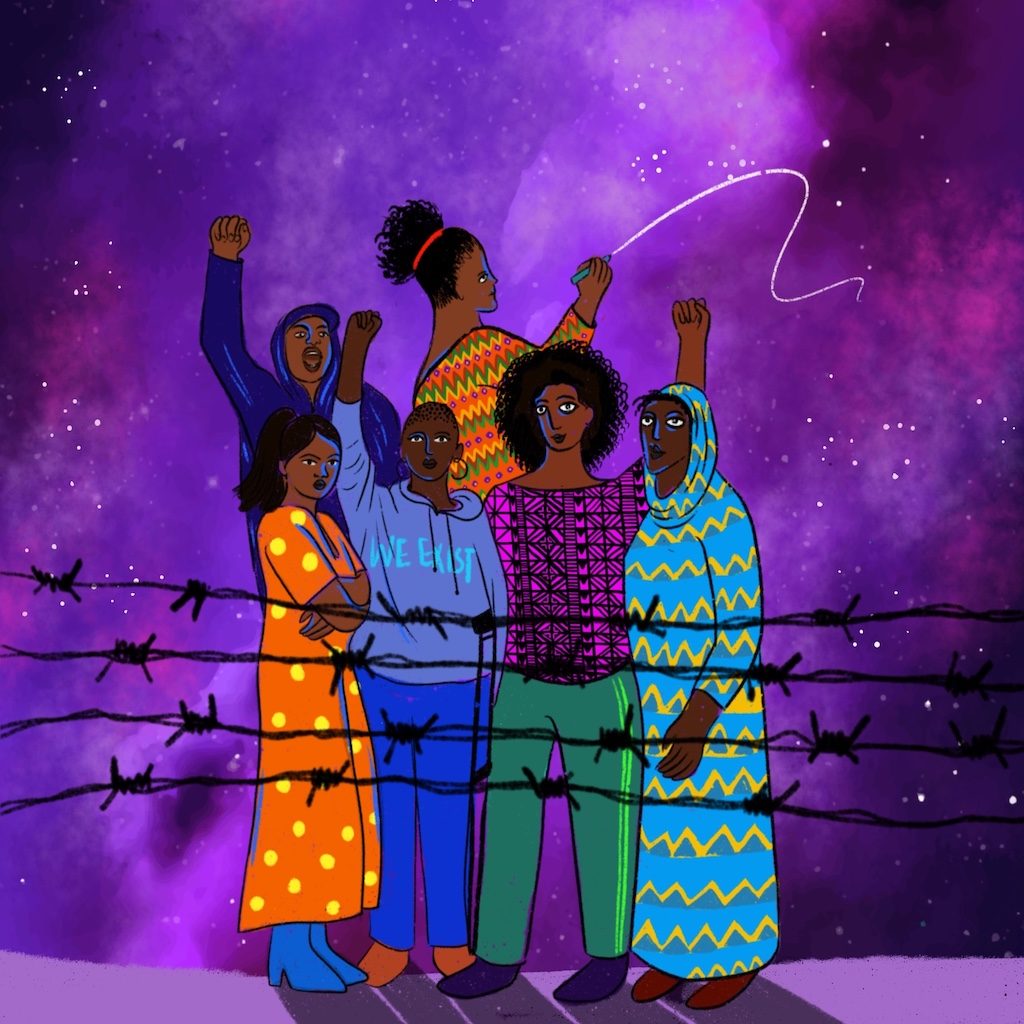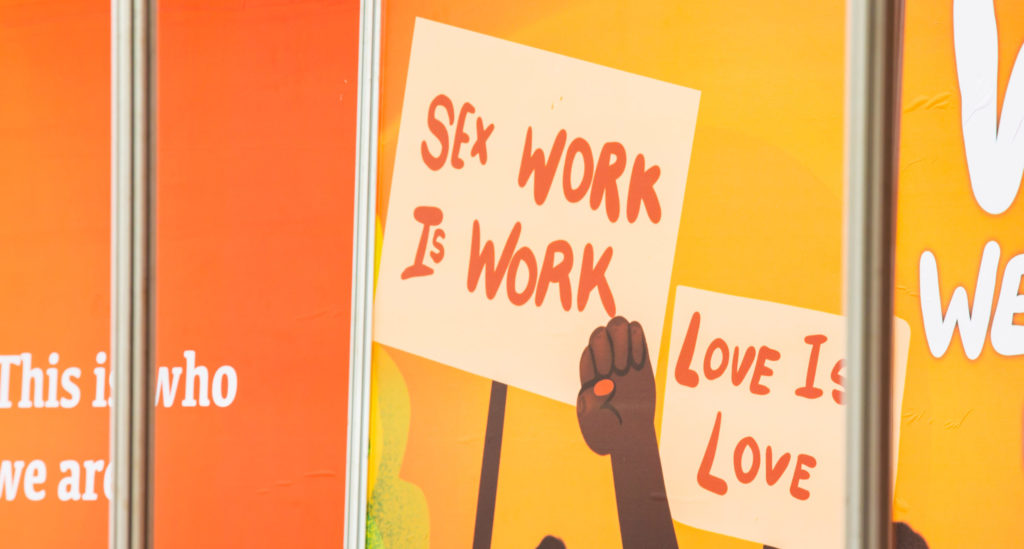
Press release
Globally, issues related to the well-being, rights and dignity of LGBTQI+ people are gaining visibility, including in our West African region. At the same time, social justice movements must negotiate with the rise of various forms of fundamentalism such as cultural and religious fundamentalism. These fundamentalist movements are repressing and/or challenging all social and legislative gains relative to the protection of sexual rights, the promotion of sexual and gender diversity, and human rights more generally. Though diverse and scattered, these actions and rhetoric of opposition are clear and visible, and have a negative impact on our feminist LGBTQI+ organizing. Yet, they are poorly or not at all documented, and their linkages are less understood.
It is in this context that Initiative Sankofa d’Afrique de l’Ouest – ISDAO and Queer African Youth Network - QAYN commissioned a study on gender ideology and the anti-gender campaigns that support it in Burkina Faso, Ghana and Senegal in order to better understand the structure, organization and manifestation of so-called "anti-gender" movements in West Africa.
Objectives of the study
- Produce a comprehensive analysis of the anti-gender movement in West Africa (with a focus on three country case studies)
- Map the organizations and leaders of the anti-gender movements
- Analyze LGBTQI+ movement leaders' perceptions and understanding of anti-gender discourse and actions
- Document and analyze the different response strategies used by the LGBTQI+ movement
- Propose counter-attack and resistance strategies
The study findings highlighted a certain level of organizing within the LGBTQI+ movement to protect itself, resist against, and counter anti-gender politics in West Africa. As organizations rooted in the West African LGBTQI+ movement in various ways, it was important for QAYN and ISDAO to better understand the mechanisms of operation of these anti-gender movements, including their sources of funding. This initiative also aims to organize reflections in order to tailor response strategies to anti-gender politics and rhetoric, and better support the LGBTQI+ movement in the West African region.
Recommendations
The various recommendations that emerged from this study through discussions with LGBTQI+ leaders, allies, and partners of the LGTBQI+ movement were grouped into six main areas:
- Investing in the mental health of LGBTQI+ people
- Strengthening/restoring broken family ties
- Investing in LGBTQI+ solidarity and community engagement
- Improving access to basic social services
- Investing in legal training
- Encouraging/supporting dialogue between LGBTQI+ leaders and allies and civil society leaders such as representatives of political parties, associations, unions, etc.
Our hope is that this study will spark more initiatives to enable African LGBTQI+ feminist movements, and our allies, to develop a comprehensive understanding of anti-gender movements, and take collective action to ensure human dignity and freedom for all.
The ISDAO and QAYN teams
To obtain the full report, please fill out the form below and the ISDAO team will send you the report by email.
" * " indicates required fields

